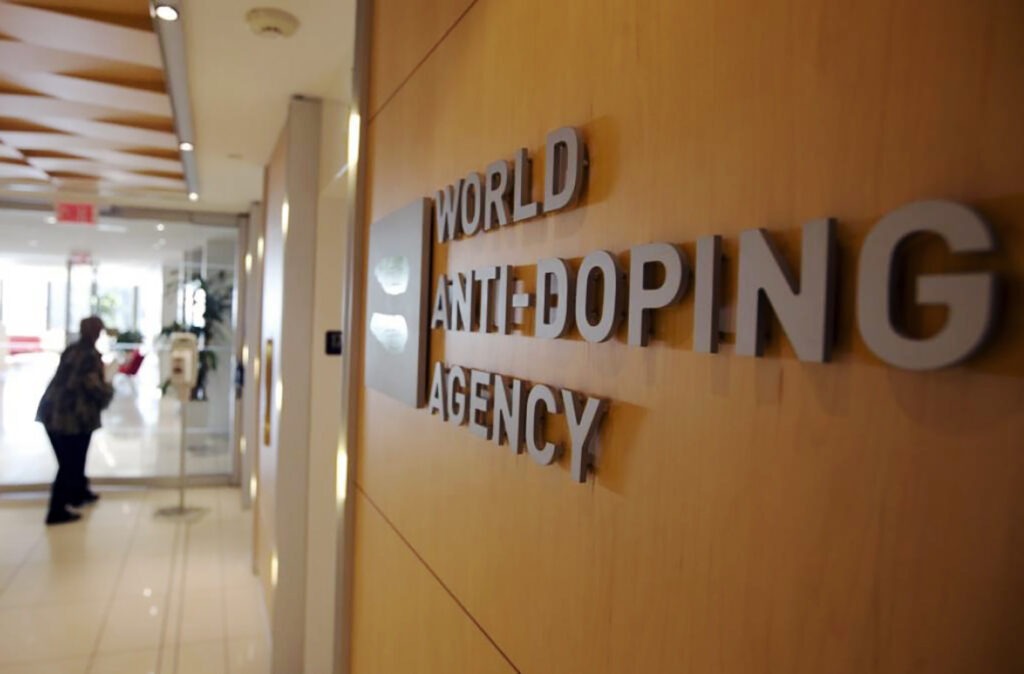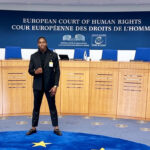The Biden administration did not make an annual payment on behalf of the United States to the World Anti-Doping Agency at the end of 2024, a move that signaled a continuing rift between the nation and the global anti-doping body.
However, the decision by the U.S. to withhold the dues stems from WADA’s refusal to not take action against 23 Chinese swimmers who tested positive for banned substances before the Tokyo Olympics in 2021.
“WADA must take concrete actions to restore trust in the world antidoping system and provide athletes the full confidence they deserve,” the White House said in a statement on Tuesday, which was first reported by The New York Times. “When U.S. taxpayer dollars are allocated, we must ensure full accountability, and it is our responsibility to ensure those funds are used appropriately.”
According to WADA, the U.S. government owes $3.6 million in dues for the 2024 fiscal year and contributes to the agency’s overall budget that will reach more than $57 million in 2025.
The U.S. government was scheduled to make its payment by a December 31, 2024 deadline.
“The World Anti-Doping Agency (WADA) confirms that it did not receive the agreed contribution to WADA’s 2024 budget from the Government of the United States by the deadline of 31 December 2024,” WADA said in s statement. “Under Article 6.6 of the WADA Statutes, Public Authority representatives from a country which has not paid its dues are ineligible to sit on the Foundation Board or the Executive Committee. Therefore, on 1 January of each year, any Foundation Board or Executive Committee member representing a country that has not paid its annual contribution for the previous year automatically loses their seat.”
The U.S. representative on WADA’s 16-member executive committee is Rahul Gupta, who serves as the director of the Office of National Drug Control Policy. According to WADA, seven of the committee members — nearly half — is made up of active or former international-level athletes.
Meanwhile, the US Anti-Doping Agency was vocal in its support of the Biden administration’s decision to withhold payment to WADA.
“Unfortunately, the current WADA leaders left the U.S. with no other option after failing to deliver on several very reasonable requests, such as an independent audit of WADA’s operations, to achieve the transparency and accountability needed to ensure WADA is fit for purpose to protect athletes,” USADA CEO Travis T. Tygart said in a statement on Wednesday. “Since the exposure of WADA’s failed handling of the 23 Chinese swimmers’ positive tests that gave China and its athletes special treatment under the rules, many stakeholders from around the world, including athletes, governments, and National Anti-Doping Agencies, have sought answers, transparency, and accountability from WADA leadership.
Tygart also revealed that the U.S. is WADA’s top financial backer and has been since the agency was founded in 2000, and has taken extra measures to ensure that the best anti-doping measures remain in place as a safeguard for athletes at the highest levels.
The ability to withhold payments to WADA was first put in place during the first Trump administration when it was determined that the agency was largely unwilling to act after a Russian state-sponsored doping program was exposed beginning in 2015.
Still, Tygart has pledged that the decision to block the dues payment to WADA will not affect American athletes or any of their upcoming competitions in 2025.
“The current non-payment of the 2024 dues to WADA will have no impact on U.S. athletes’ right to compete in the United States or around the world,” Tygart continued in his statement. “The WADA statutes are crystal clear that the non-payment of voluntary dues does not affect athletes in any way even if the 2024 U.S. payment is never paid. The non-payment will have no impact on the current anti-doping program in the U.S. and USADA will continue to robustly implement its WADA Code program so that all U.S. Olympic and Paralympic athletes’ rights are protected.”







